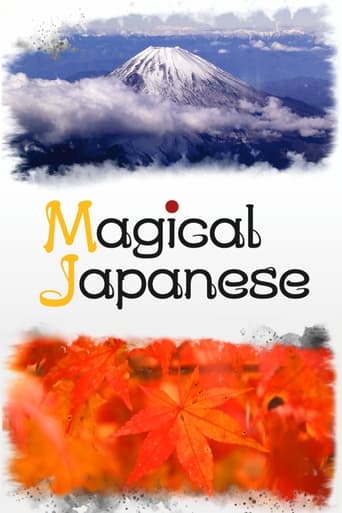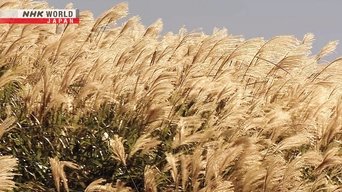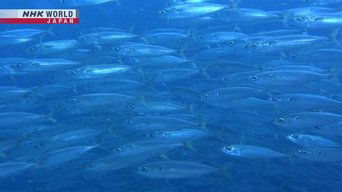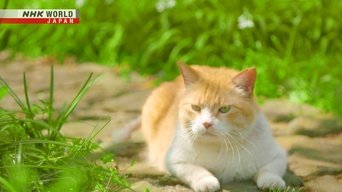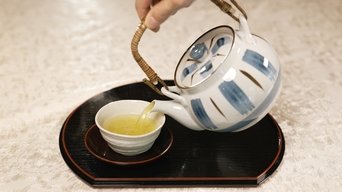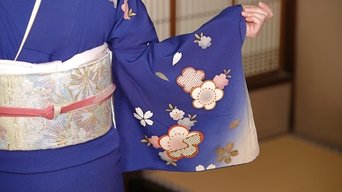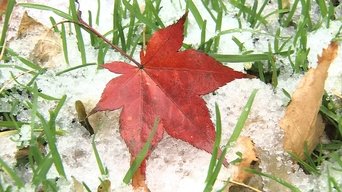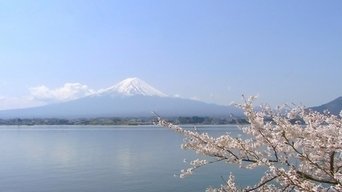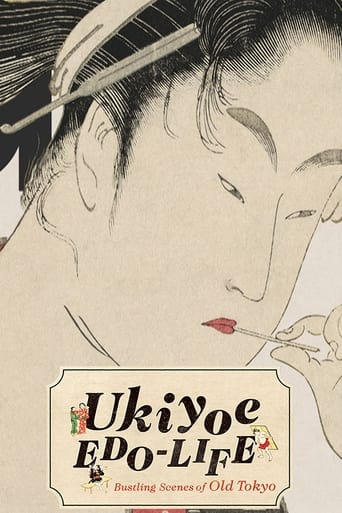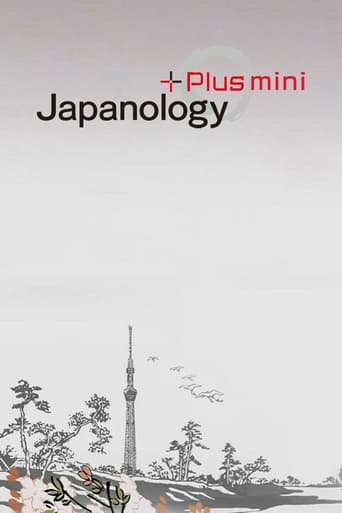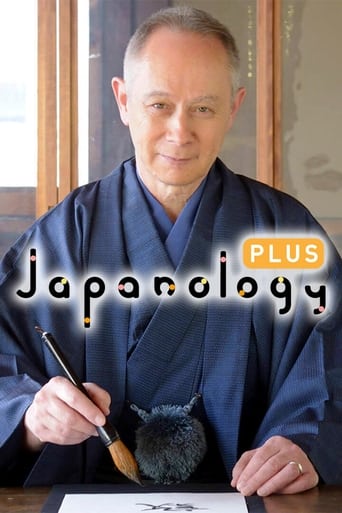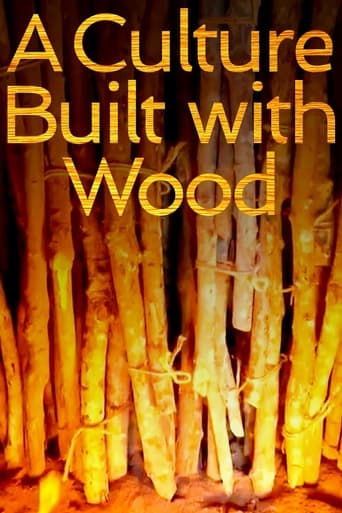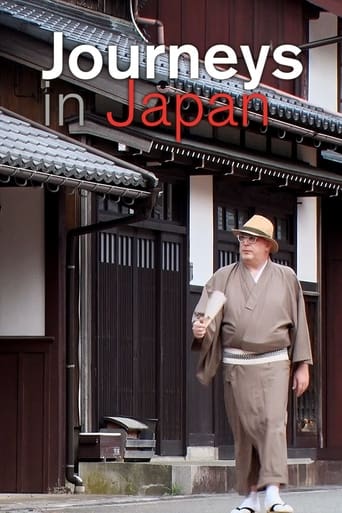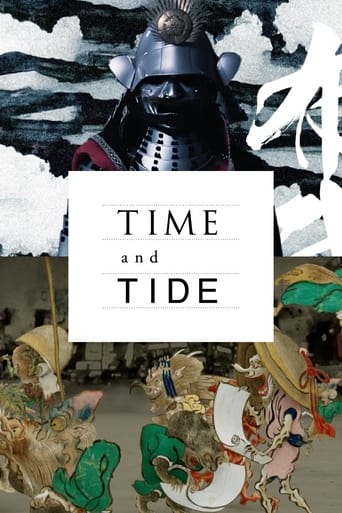Magical Japanese Season 2
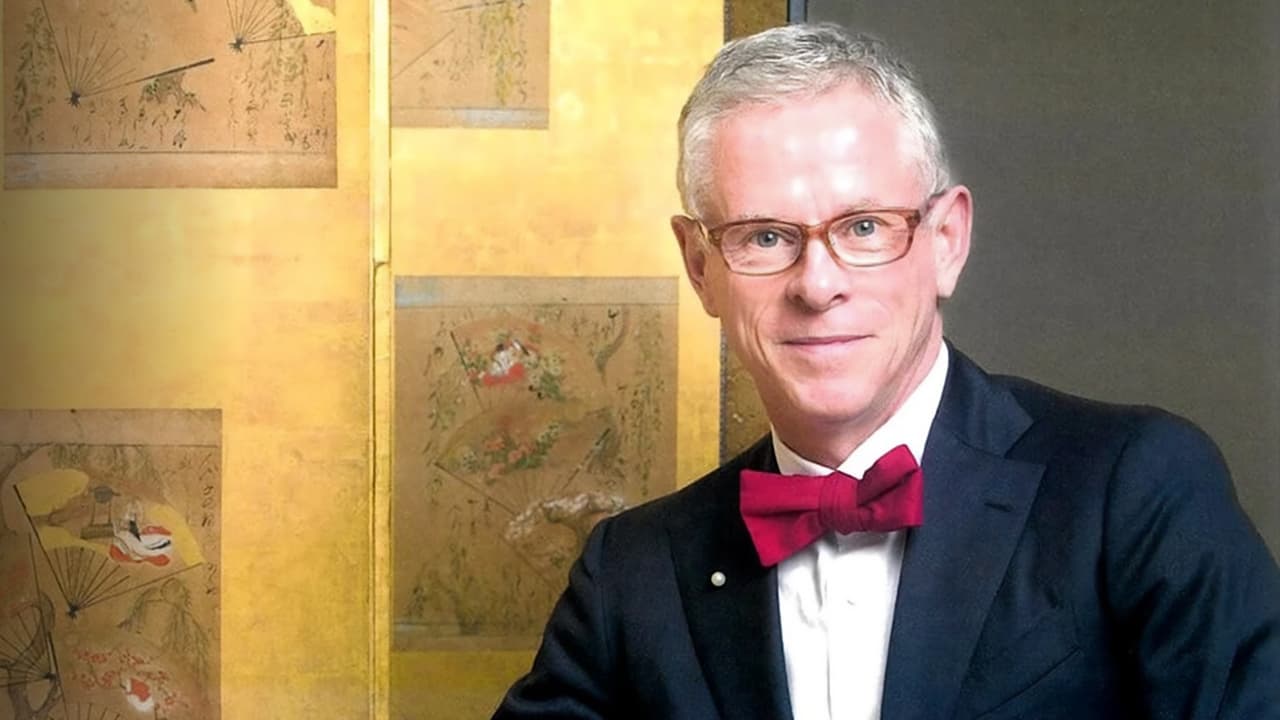
Explore the richness and depth of the Japanese language and discover how words and expressions reflect history, culture and the natural world.
Watch NowWith 30 Day Free Trial!
Magical Japanese
2021
Explore the richness and depth of the Japanese language and discover how words and expressions reflect history, culture and the natural world.
Watch Trailer
With 30 Day Free Trial!
Magical Japanese Season 2 Full Episode Guide
This episode looks at words related to swords. Since ancient times, the evolution of Japanese swords has followed a unique path. During the rule of the samurai, or bushi, swords were a part of daily life, and this resulted in many Japanese expressions related to swords. From his home in Kyoto Prefecture, poet and literary translator Peter MacMillan guides us through these words.
This episode looks at words related to wind. Due to its geographical location, Japan experiences different types of wind depending on the season. If you include regional words for wind, there are said to be over 1,000 different names for the wind in Japanese, and people have had a rich relationship with wind. From his home in Kyoto Prefecture, poet and literary translator Peter MacMillan guides us through words that were born from this culture.
This episode looks at words related to horses. Since arriving from the Asian mainland around the 5th century, horses have played a major role in transportation and farming in Japan. The Japanese considered their horses as a part of their family. From his home in Kyoto Prefecture, poet and literary translator Peter MacMillan guides us through words involving horses and the culture behind them.
This episode looks at words related to fire. Fire has both practical and spiritual significance in cultures around the world, and Japan is no exception. This gave birth to many unique expressions. From his home in Kyoto Prefecture, poet and literary translator Peter MacMillan guides us through these words and the culture behind them.
This episode looks at words related to the color red. Red is deeply embedded in Japanese culture. Not only are there said to be over 100 different names for red in the Japanese language, but the color is also used to describe nonvisual concepts. From his home in Kyoto Prefecture, poet and literary translator Peter MacMillan guides us through these words and the culture behind them.
This episode looks at words related to fish. Surrounded by the sea, Japan is home to rich fishing grounds. Fish has long had a central role in Japan's culinary culture, and there are many unique expressions that feature fish. From his home in Kyoto Prefecture, poet and literary translator Peter MacMillan guides us through these words and the culture behind them.
This episode focuses on ships and boats. Japan is an island nation, and ships have been an integral part of Japanese life. This is reflected in the many expressions related to ships and boats. From his home in Kyoto Prefecture, poet and literary translator Peter MacMillan guides us through these words and the culture behind them.
This episode explores words and phrases inspired by Oni: demons, ogres and evil spirits that are a fixture of Japanese folklore. From his home in Kyoto Prefecture, poet and literary translator Peter MacMillan guides us through these words and the culture behind them.
This episode looks at words and phrases related to cats. Cats have been treasured in Japan for a long time as a way to deal with mice. This long history is reflected in the many expressions related to cats in Japanese. From his home in Kyoto Prefecture, poet and literary translator Peter MacMillan guides us through these words and the culture behind them.
This episode looks at words related to tea. An integral part of Japan's food culture, it's celebrated in the tea ceremony and has inspired a uniquely Japanese aesthetic. From his home in Kyoto Prefecture, poet and literary translator Peter MacMillan guides us through these words and the culture behind them.
This episode looks at words and phrases related to washi, or traditional Japanese paper. Refined and durable, washi continues to be used as a daily item in Japan and has many applications. From his home in Kyoto Prefecture, poet and literary translator Peter MacMillan guides us through these words and the culture behind them.
This episode introduces words related to the kimono. Once used as everyday wear, the traditional and iconic garment is now generally reserved for special occasions. From his home in Kyoto Prefecture, poet and literary translator Peter MacMillan guides us through these words and the culture behind them.
This episode looks at words related to the moon. The Japanese have always been captivated by the moon, interpreting closely its many expressions and generating new words to describe its many faces. From his home in Kyoto Prefecture, poet and literary translator Peter MacMillan guides us through these words and the culture behind them.
This episode introduces words related to snow. Designated heavy snowfall areas cover fifty-one percent of Japan. In such an environment, many words related to snow were born. From his home in Kyoto Prefecture, poet and literary translator Peter MacMillan guides us through these words and the culture behind them.
This episode introduces words related to Mount Fuji. A UNESCO World Heritage site, this iconic symbol of the beauty and culture of Japan has inspired a number of memorable words and expressions. Join poet, literary translator and long-time Japan resident Peter MacMillan and explore unique words and the culture behind them.
This episode looks at words related to houses. Traditional Japanese homes give us a glimpse of the Japanese love for the changing seasons and how the Japanese developed a temperament that values cooperation. From his home in Kyoto, poet and literary translator Peter MacMillan guides us through these words and the culture behind them.
Free Trial Channels
Seasons


